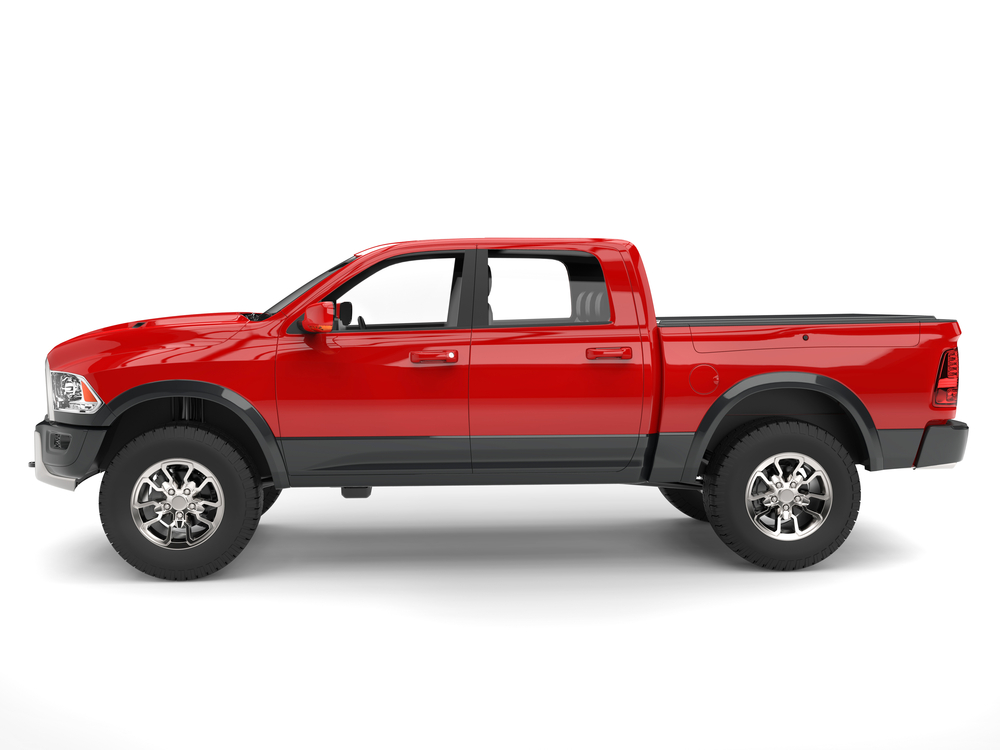Complete Guide to Pickup Trucks and Buying Process
Pickup trucks are valued for their durability, towing capacity, and versatility. Models for sale range from light-duty versions for everyday use to heavy-duty trucks for work and hauling. Buyers often compare performance, fuel efficiency, and reliability.

Understanding Different Types of Pickup Trucks
Pickup trucks fall into several distinct categories, each designed for specific purposes and user needs. Compact or mid-size trucks like the Toyota Tacoma and Chevrolet Colorado offer excellent fuel economy and maneuverability while maintaining decent hauling capacity. Full-size trucks, including the Ford F-150, Chevrolet Silverado, and Ram 1500, provide the perfect balance of capability and comfort for most users. Heavy-duty trucks such as the Ford F-250, Chevrolet Silverado 2500, and Ram 2500 deliver maximum towing and payload capacity for commercial applications and serious recreational use.
Engine options vary significantly across categories, from efficient four-cylinder engines in compact trucks to powerful V8 and diesel engines in heavy-duty models. Transmission choices typically include manual, automatic, and continuously variable transmissions, with many modern trucks offering advanced features like adaptive cruise control and terrain management systems.
Essential Guide to Buying Pickup Trucks
When developing your guide to buying pickup trucks, start by honestly assessing your actual needs rather than perceived wants. Consider how often you’ll use the truck bed, whether you need four-wheel drive, and what towing capacity suits your lifestyle. Evaluate your typical driving patterns, as trucks generally consume more fuel than cars, especially in city driving conditions.
Research reliability ratings from sources like J.D. Power and Consumer Reports to identify models with strong track records. Compare warranty coverage, as pickup trucks often face demanding use conditions. Consider the total cost of ownership, including insurance, maintenance, and fuel costs, which can vary significantly between models and engine types.
Test drive multiple trucks in various conditions, including highway, city, and parking scenarios. Pay attention to visibility, ride comfort, noise levels, and ease of entry and exit. Many dealers offer extended test drive programs that allow you to experience the truck over several days.
Finding Quality Pickup Trucks for Sale
Locating pickup trucks for sale requires exploring multiple channels to find the best options and pricing. New truck dealerships provide the latest models with full warranties and financing options, often running seasonal promotions and incentives. Certified pre-owned programs from manufacturers offer late-model used trucks with extended warranties and thorough inspections.
Online marketplaces like AutoTrader, Cars.com, and manufacturer websites allow you to search inventory across multiple dealers and compare prices efficiently. Local classifieds and community bulletin boards sometimes feature well-maintained trucks from individual owners, though these require more careful inspection and research.
Consider fleet and lease return vehicles, which often provide good value despite higher mileage. These trucks typically receive regular maintenance and may include detailed service records. Auction sites and government surplus sales occasionally offer unique opportunities, though they require more expertise to navigate successfully.
| Truck Category | Example Models | Price Range | Key Features |
|---|---|---|---|
| Compact/Mid-Size | Toyota Tacoma, Chevrolet Colorado | $27,000 - $45,000 | Better fuel economy, easier parking, moderate towing |
| Full-Size | Ford F-150, Chevrolet Silverado 1500 | $32,000 - $70,000 | Balanced capability, comfort features, various configurations |
| Heavy-Duty | Ford F-250, Ram 2500 | $38,000 - $85,000 | Maximum towing, heavy payloads, commercial capability |
Prices, rates, or cost estimates mentioned in this article are based on the latest available information but may change over time. Independent research is advised before making financial decisions.
Evaluating Truck Features and Capabilities
Modern pickup trucks offer increasingly sophisticated feature sets that extend far beyond basic transportation. Payload capacity, measured as the maximum weight the truck can carry in its bed and cabin, varies from around 1,400 pounds in compact trucks to over 4,000 pounds in heavy-duty models. Towing capacity ranges from approximately 3,500 pounds for small trucks to more than 37,000 pounds for the most capable heavy-duty diesels.
Bed length options typically include short beds around 5.5 feet, standard beds near 6.5 feet, and long beds extending 8 feet. Crew cab configurations provide four full-size doors and rear seating, while extended cabs offer smaller rear doors and limited rear space. Regular cabs feature two doors and focus purely on work functionality.
Technology features increasingly mirror those found in luxury cars, including advanced infotainment systems, smartphone integration, premium audio systems, and comprehensive safety suites. Many trucks now offer features like trailer backup assist, blind spot monitoring with trailer coverage, and integrated brake controllers for safer towing experiences.
Maintenance and Long-Term Ownership Considerations
Pickup truck ownership involves specific maintenance requirements that differ from standard passenger vehicles. Regular maintenance becomes even more critical when trucks are used for towing or hauling, as these activities place additional stress on engines, transmissions, and cooling systems. Follow manufacturer-recommended service intervals carefully, and consider more frequent oil changes if you regularly tow heavy loads or drive in severe conditions.
Truck-specific maintenance items include differential service, transfer case maintenance for four-wheel-drive models, and more frequent brake inspections due to higher vehicle weight and potential trailer use. Tire replacement costs run higher than car tires, and truck tires often require more frequent rotation to ensure even wear patterns.
Budget for higher insurance costs, as trucks typically cost more to insure than cars due to their size, weight, and repair costs. However, many trucks retain their value well, particularly popular models from established manufacturers, which can offset some ownership costs when it’s time to sell or trade.
Understanding pickup trucks and the buying process helps you select a vehicle that matches your needs and budget while avoiding common purchasing mistakes. Whether you choose a compact truck for occasional hauling or a heavy-duty model for serious work applications, thorough research and careful evaluation ensure you’ll find a truck that serves you well for years to come.




